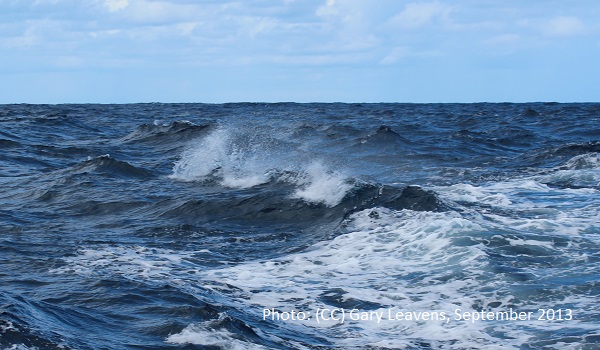Recent shipwrecks en route to the Spanish Canary Islands have cost at least 195 lives, as a trend of increasing arrivals since 2019 continues. NGOs estimate at least 2,000 people have died whilst attempting to cross to the Canaries since the start of this year.
On 30 August, the Spanish navy announced the sinking of an overcrowded boat departing from Senegal during the night of 25 August, leaving 45 people dead. 14 survivors were brought ashore. Another 29 people, including seven children, lost their lives while trying to reach the Islands on 27 August, and five more were found deceased the next day when a group of 57 were rescued after 10 days at sea. On 31 August the coast guard said they had found 32 people in a dinghy, with 30 more reported to have died during the journey. After a boat carrying 86 people capsized on 2 August, the Moroccan navy found 22 bodies and no survivors. These tragedies took place during a busy period for rescuers that included the disembarkation of 46 people at the port of Arguineguín on 26 August, the rescue of two boats carrying 65 people on 30 August, and 100 migrants saved at sea the following day.
Rescuers reported on 27 August that the arrival of 53 people on Fuerteventura, including seven women and two girls, marked the 10th consecutive day of landings in the Canary archipelago. The charity Caminando Fronteras told The Associated Press that volunteers were seeing more and more women on this route, and that most were fleeing conflict, trafficking, rape, genital mutilation, and other abuse. As Spanish officials said they were working around the clock on rescue missions, Moroccan officials reported that they had intercepted more than 400 people in international waters last week.
Not including these recent arrivals, UN agencies recorded a total of 8,605 people reaching the Canaries by sea since the start of 2021. This number is twice that of last year, which was already one of the busiest to date. Over 23,000 people successfully made the crossing in 2020, representing an eight-fold increase compared to 2019. Alongside the 8,600 who landed however were another 2,000 at least who lost their lives on the same route since the start of this year, according to Caminando Fronteras. This number is 526% higher than the death toll for the first half of 2020. While the UN migration agency (IOM) puts the official number of deaths so far in 2021 at 529, the agency notes that this is “an undercount of the true number of deaths and disappearances on this route.” More than two thirds of those who go missing at sea are never recovered.
For further information:
- ECRE, Atlantic Route and Spain: Ceuta Court Rejects Deportations of Children to Morocco – One in Three Journeys End Deadly on the Canary Route, August 2021
- ECRE, Spain: Hundreds Disappeared on Atlantic Route while the Misery of Children in the Canary Islands, Ceuta and Melilla Persists, June 2021
Photo: (CC) Gary Leavens, September 2013
This article appeared in the ECRE Weekly Bulletin. You can subscribe to the Weekly Bulletin here.

